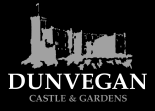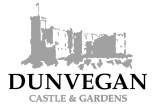Dunvegan Castle & Gardens awarded a natived woodlands grant by the Scottish Government and EU
Dunvegan Castle & Gardens awarded a £1 million grant from the Scottish Government and EU for an ambitious native woodland creation project.
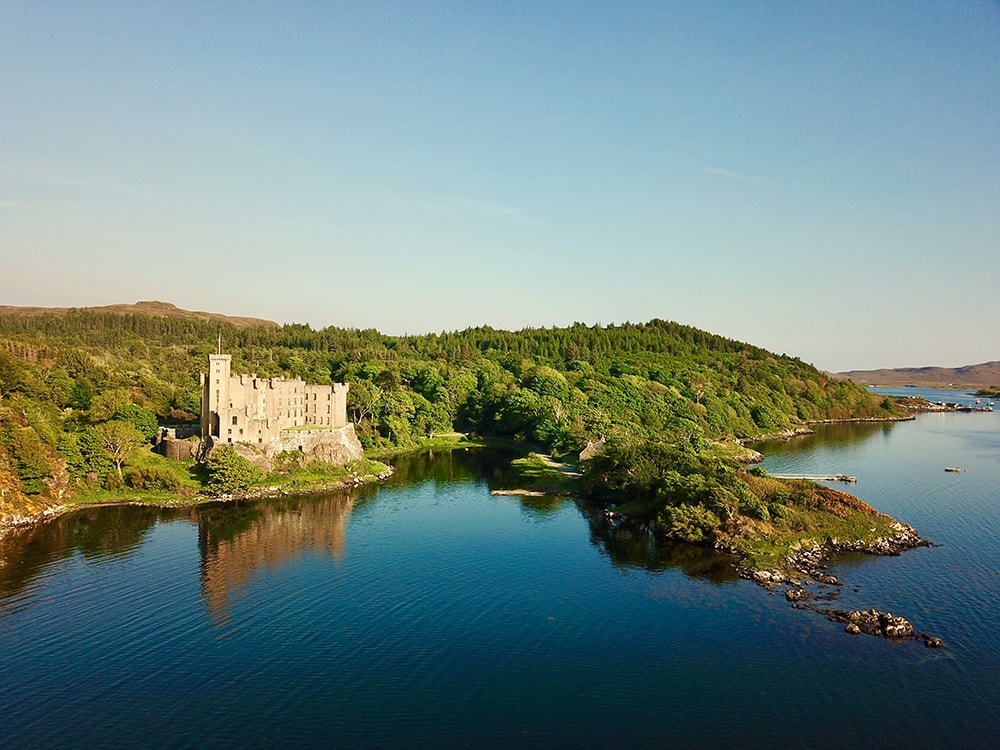
After over a year and a half in development, the MacLeod Estate’s new native woodland creation scheme at Dunvegan on the Isle of Skye has been awarded a grant from the Scottish Government and EU. The project is being overseen by Scottish Woodlands Ltd, who will plant the scheme on the estate’s behalf by the end of 2021.
This native woodland creation scheme is the first phase of the MacLeod Estate’s evolving rewilding strategy which Hugh MacLeod, Estate Director, has been working on for the last few years. It is the most ambitious project of its size on Skye, with this first phase focusing on transforming the marginal land of Dunvegan’s former home farm, Totachocaire, into a 240 hectare (593 acre) native woodland area that will treble the size of the existing contiguous woodlands around Dunvegan Castle & Gardens. A total of 372,000 trees will be planted with different species mixtures to suit the land’s terrain and ecology. The carbon offset is estimated to exceed 64,000 tons over a 95-year period. This is in addition to the 80,000 native trees planted by the estate in 2010, to replace a monoculture coniferous plantation dating back to the post-war years, with further rewilding and peatbog restoration plans in development.
As the largest native woodland project of its kind on the Isle of Skye, this will bring the total number of native trees planted on the MacLeod Estate since 2010 to 452,000. The grant itself will be paid in arrears over the next six years, which means that the estate will have to secure short-term financing to fund the high capital expenditure for the deer stock fence and tree planting in 2021. This is a modest start, but our sincere hope is that this will encourage others to take on rewilding initiatives large and small to restore parts of Skye’s unnatural ‘wet desert’ landscape which is a legacy of centuries of depredation caused by over grazing and high numbers of deer. In common with other Highland areas, some aspects of Skye’s current lunarscape appearance may be beautiful, but it is not natural. The extensive peatbog on the island is clear evidence of ancient and extensive woodlands. This project aims to restore this piece of marginal land and we hope that it will have a positive ripple effect for the local community beyond the obvious ecological benefits, creating more jobs in sustainable eco-tourism and more rewilding initiatives to help combat climate change.
Hugh MacLeod, Estate Director, said: “In a difficult year of persistent bad news, I am thrilled that the MacLeod Estate has been awarded this grant for the largest and most ambitious native woodland creation project on the Isle of Skye to date. I had the idea over ten years ago, when I decided to stop farming at the estate’s Totachocaire Farm which is not only marginal land, but was also loss making for almost every year of its operation since it was revived by my late father in the 1970s. This is the first phase of our nascent rewilding plans and once the woodlands are established, this will create an extensive and biodiverse habitat to support a number of native species.”
Ben Goldsmith, an environmentalist and CEO of Menhaden PLC, a London-listed investment firm which focuses on energy and resource efficiency, said: “Politicians, communities and landowners across Britain are coming to the realisation that restoring the terribly depleted natural fabric of our landscapes offers a pathway for ecological, economic and social renewal. Hugh MacLeod’s ground-breaking nature restoration project at the historic Dunvegan Castle on Skye is one of the most exciting rewilding stories in Britain today.”
John Laing, Chair of Dunvegan & District Community Council, said: “The Community Council welcome the MacLeod Estate’s ambitious plans to improve and enhance the Dunvegan Castle amenity woodlands. We are all aware of the many benefits that woodlands bring to our wellbeing and increasingly to our environment and wildlife. The new woodland will, in time, be a tremendous asset for Dunvegan and for Skye. It will bring pleasure and enjoyment for locals and visitors for generations to come.”
Charles Burrell, owner of Knepp Castle, rewilding pioneer and vice-chair of Rewilding Britain, said: “There has never been a more important time to re-establish trees in our landscape. The scheme at Dunvegan supported by an enlightened landowner, the local community and the Scottish government will return native trees to this remote part of Scotland, generating all positives for biodiversity, carbon sequestration, and human enjoyment. Hopefully, in time, with a new seed source present, new trees will start appearing through natural regeneration – allowing nature to take care of itself.”
Sarah-Jane Laing, CEO of Scottish Land & Estates, commented: “This scheme is testament to Hugh’s vision, drive and ongoing commitment to an environmentally and economically sustainable future, not only for the estate but for Skye and indeed the whole of Scotland. SLE members such as the MacLeod Estate, continue to be at the forefront of innovative and progressive land management, making a huge contribution to Scottish prosperity and wellbeing.”
John Risby, Scottish Forestry’s Highland & Islands Conservator added: “We have awarded the estate £1 million for the scheme which will be planted over the coming year, starting this winter. The tree planting will consist mainly of native broadleaves and will contribute towards the Scottish Government’s tree planting targets. Detailed surveys were undertaken by Scottish Woodlands, the Estate’s agent, and we worked with them to ensure all potential impacts were properly mitigated and the benefits of the new woodland maximised.”
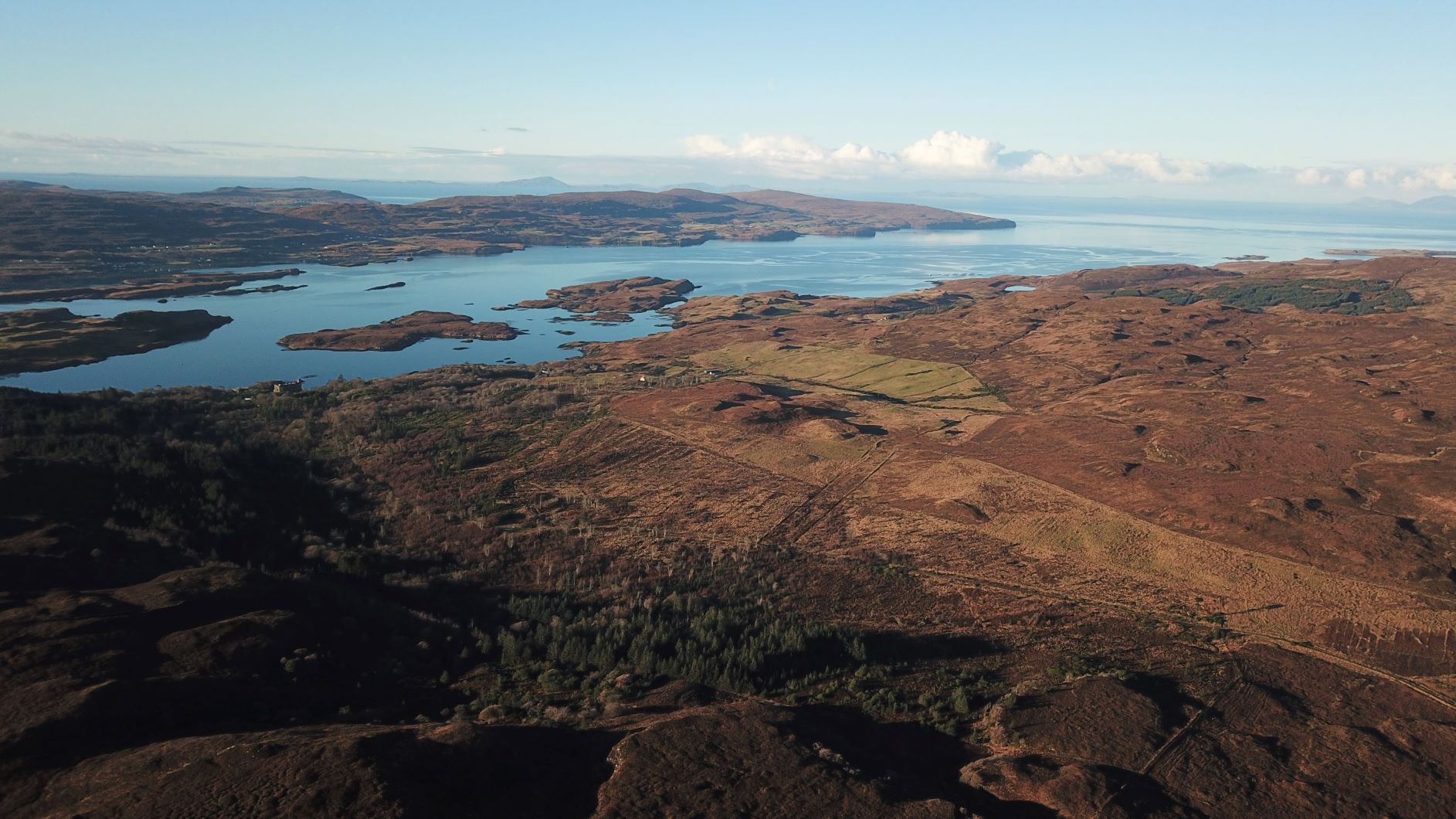
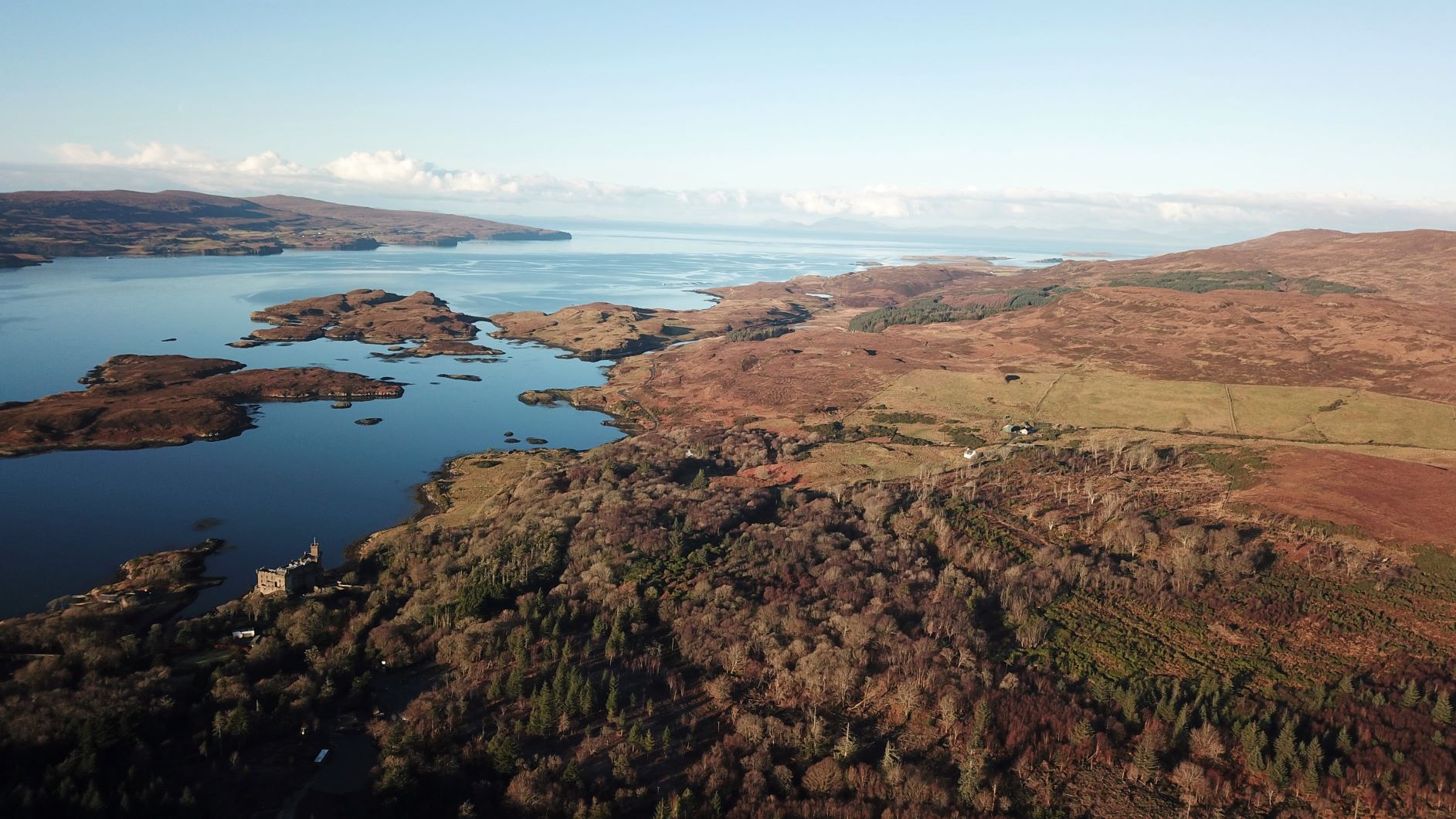
Note to Editors
Dunvegan Castle & Gardens is at the heart of the 42,000-acre MacLeod Estate on the Isle of Skye. As the ancestral home of the Chief of clan MacLeod for 800 years, it is a major heritage attraction and key driver of economic growth on the Isle of Skye and has acted as a magnet for over 180,000 visitors in previous years. With a strong historic track record of investing in this remote and fragile economic area, Dunvegan Castle underpins both the community and local economy of North West Skye and is well known throughout the world. Annually the estate contributes an average of £900,000 through a combination of employment and purchase of local goods and services, and since 2008 alone, it has contributed £8.3m to the Skye economy and over £12m to the Scottish economy. Last year, Dunvegan Castle & Gardens came 18 out of the Top 20 Paid Admission Attractions in Scotland according to figures released by the Moffat Centre and won the Historic Houses Restoration Award.
For further information please contact:
MacLeod Estate Office
t: +44 (0) 1470 521 206
e: [email protected]
